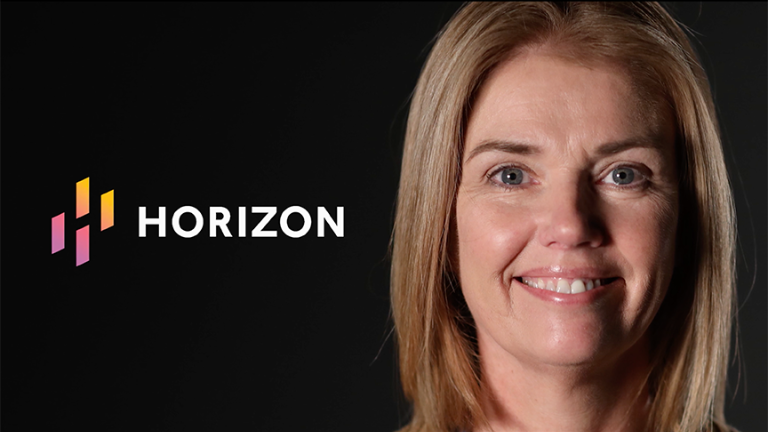Approved Uses and Important Safety Information
INDICATIONS AND USAGE
ACTIMMUNE® (Interferon gamma-1b) is indicated:
- For reducing the frequency and severity of serious infections associated with Chronic Granulomatous Disease
- For delaying time to disease progression in patients with severe, malignant osteopetrosis
Important Safety Information
CONTRAINDICATIONS
- In patients who develop or have known hypersensitivity to interferon-gamma, E. coli derived products, or any component of the product
WARNINGS AND PRECAUTIONS
- ACTIMMUNE should be used with caution in patients with:
- Pre-existing cardiac conditions, including ischemia, congestive heart failure, or arrhythmia
- Seizure disorders or compromised central nervous system function; reduce dose or discontinue
- Myelosuppression, or receiving other potentially myelosuppressive agents; consider dose reduction or discontinuation of therapy
- Severe renal insufficiency
- Age <1 year
- Monitoring:
- Patients begun on ACTIMMUNE before age 1 year should receive monthly assessments of liver function. If severe hepatic enzyme elevations develop, ACTIMMUNE dosage should be modified
- Monitor renal function regularly when administering ACTIMMUNE in patients with severe renal insufficiency; accumulation of interferon gamma-1b may occur with repeated administration. Renal toxicity has been reported in patients receiving ACTIMMUNE
- Pregnancy, Lactation, and Fertility:
- ACTIMMUNE should be used during pregnancy only if the potential benefit outweighs the potential risk to the fetus
- Use of ACTIMMUNE by lactating mothers is not recommended. ACTIMMUNE or nursing should be discontinued dependent on the importance of the drug to the mother
- Long-term effects of ACTIMMUNE on fertility are not known
DRUG INTERACTIONS
- Concomitant use of drugs with neurotoxic, hematotoxic, or cardiotoxic effects may increase the toxicity of interferons
- Avoid simultaneous administration of ACTIMMUNE with other heterologous serum protein or immunological preparations (eg, vaccines)
ADVERSE REACTIONS
- The most common adverse experiences occurring with ACTIMMUNE therapy are “flu-like” symptoms such as fever, headache, chills, myalgia, or fatigue, which may decrease in severity as treatment continues, and may be minimized by bedtime administration of ACTIMMUNE. Acetaminophen may be used to prevent or partially alleviate the fever and headache
- Isolated cases of acute serious hypersensitivity reactions have been observed in patients receiving ACTIMMUNE
- Reversible neutropenia, thrombocytopenia, and elevations of AST and/or ALT have been observed during ACTIMMUNE therapy
- At doses 10 times greater than the weekly recommended dose, ACTIMMUNE may exacerbate pre-existing cardiac conditions, or may cause reversible neurological effects such as decreased mental status, gait disturbance, and dizziness



